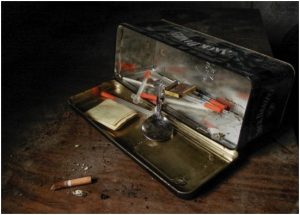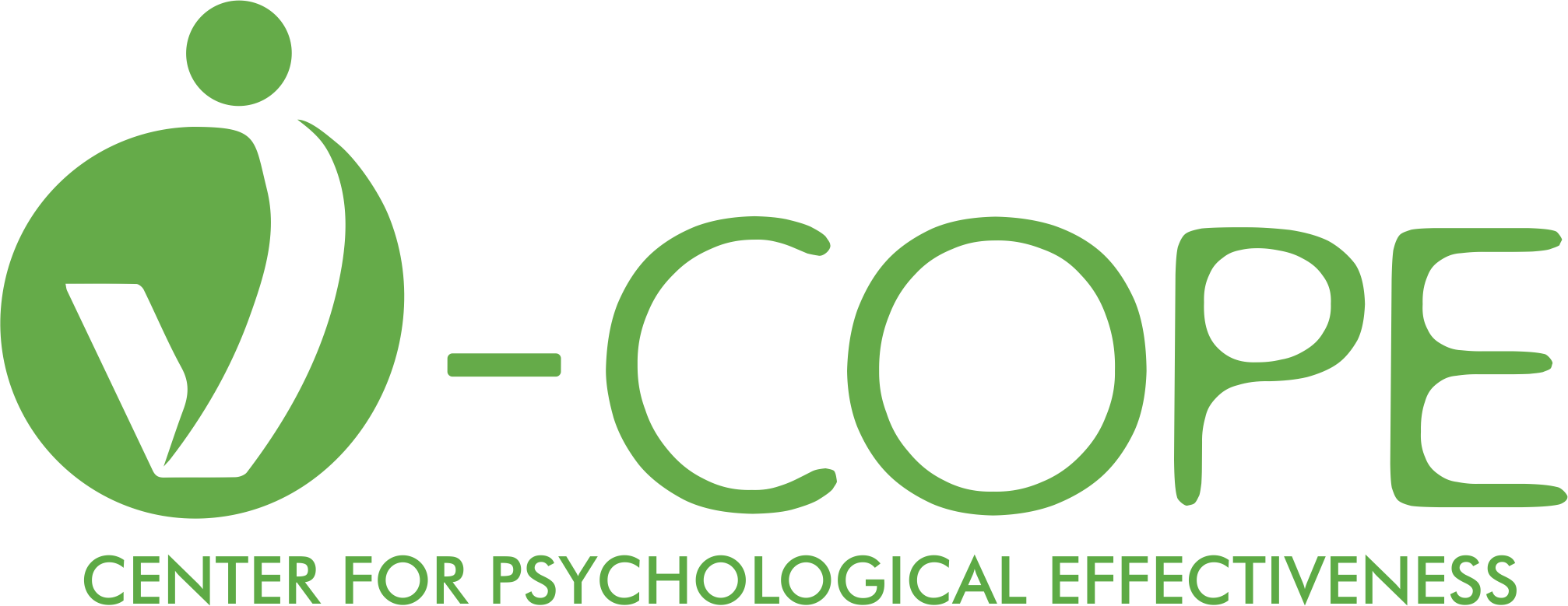Addiction is a chronic disorder with a biological, psychological condition, manifested by compulsive behavior to use certain substances or habits despite harmful consequences affecting both the personal and social life of a person. Common addictive substances of abuse are Alcohol, Tobacco, Marijuana, LSD, and Inhalants, such as paint thinners  and glue. Opioid pain killers like codeine and heroin. Sedatives, hypnotics and Cocaine, methamphetamine. In addition to these substance abuse, the latest threat is the behavioural addiction is on the increasing trend among the younger generation. In this most common one is Gadget addiction which poses a serious threat and other forms of addiction include shopping and food.
and glue. Opioid pain killers like codeine and heroin. Sedatives, hypnotics and Cocaine, methamphetamine. In addition to these substance abuse, the latest threat is the behavioural addiction is on the increasing trend among the younger generation. In this most common one is Gadget addiction which poses a serious threat and other forms of addiction include shopping and food.
Why addiction poses a great problem?
People with addiction (substance abuse or gadget) have an intense urge on using these substances to an extent where it completely destroys their personal, social, educational and occupational life.
It usually starts with an exploration phase and continued usage leads to various stages of addiction.
1. The first stage of addiction starts with a euphoric feeling of well being that motivates the reward center of the brain especially while using a substance (e.g., drugs, alcohol) or in certain behaviors (e.g., gambling, gadget).
2. The second stage of addiction is irresistible urge to re-explore the same substance or behavior, probably influenced by psychological factors (e.g., past history of trauma, grief), social (e.g., family or friends), and environmental factors (e.g., availability & affordability of a substance) can lead to overexposure leading to irreversible brain changes.
3. The third and most dangerous stage includes craving, Pleasure-seeking, and Drug Seeking behavior.
Most of the addictive substance and gadgets affects the “reward pathway” causing euphoria state and releases neurotransmitter chemical called dopamine which creates a pleasurable sensation. A normally functioning reward system takes care of eating, sex, and social behavior. Unexceptional surges of dopamine in the reward pathway lead to reinforcement of pleasurable feeling by unusual behaviors like taking drugs repeatedly leading to cravings for a drug or activity, which ends in an inability to control this impulse, despite the conscious awareness of the consequences related to the addiction.
Can drug addiction be cured or prevented?
The Primary pathway of recovery from addiction is motivation. Addiction is treatable or can be positively coped with. People who are recuperating from an addiction will be always at risk of relapse. A professional clinical psychologist can conduct a formal assessment of the patient to establish a substance abuse or gadget use disorder. Because addiction affects not only a person’s life but also people connected to them, multiple modalities of treatment are often required. The treatment protocol includes a combination of medication and individual or group therapy focussing on an individual’s situation and any co-morbid medical, psychiatric and social problems can lead to long term recovery. The combination of de-addiction treatment with behavioral therapy is a time tested formula for recovery and rehabilitation.
















